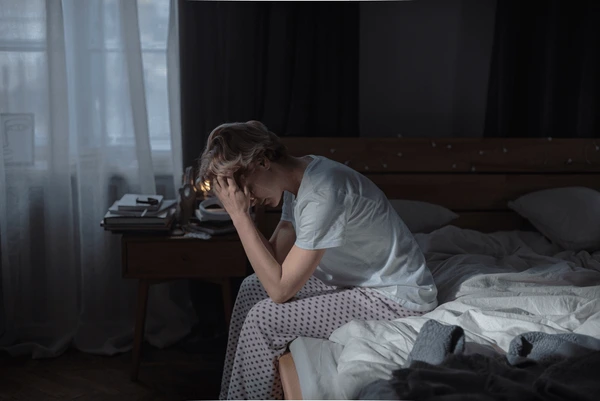Losing someone you love is one of the most painful experiences life can bring. Grief often arrives in waves—sometimes calm, other times overwhelming. While everyone’s healing journey is unique, emotional recovery after death becomes easier when you give yourself permission to feel, process, and reconnect with your inner peace. Spiritual healing isn’t about “moving on”; it’s about learning to carry love forward while rebuilding your own sense of wholeness.
Below are supportive, mindful steps that can guide you toward spiritual healing after loss.
Start With Gentle Self-Care
Grief takes a toll on the mind, body, and spirit. Even the simplest acts of nourishment can increase your emotional resilience. Practicing self-care habits for busy people can make healing more manageable, especially when your daily responsibilities continue despite emotional exhaustion.
Create small moments for yourself: a warm bath, a walk, journaling, or five minutes of breathing deeply. These seemingly small choices rebuild strength and inner calm.
Use a Self-Care Checklist to Stay Grounded
When grief clouds your mind, it’s easy to forget essential needs like eating, resting, or hydrating. A self-care checklist can give structure to your healing routine, helping you stay grounded during emotionally heavy days.
This checklist might include:
- Drink water
- Step outside for fresh air
- Connect with a loved one
- Write one feeling in a journal
- Practice one moment of mindfulness
With consistency, these habits become an emotional anchor.
Support Your Mental Wellness With Healing Practices
Healing isn’t only emotional—it’s also mental and spiritual. Integrating mental wellness self-care practices can help you navigate complicated feelings such as guilt, anger, confusion, and sadness.
These practices may include:
- Meditation or prayer
- Gratitude journaling
- Setting healthy boundaries
- Therapy or grief counseling
- Mindful breathing exercises
Supporting your mind helps your spirit recover, too.
Allow Yourself to Feel the Fullness of Grief
Many people try to “be strong,” pushing their grief down to avoid burdening others. But emotional recovery after death requires acceptance, not avoidance. Embrace the process with compassion.
If you need guidance, explore resources on emotional recovery after loss that help you understand the stages of grief and remind you that healing doesn’t happen in a straight line.
Build Daily Rituals That Support Healing
Spiritual healing after death comes from reconnecting with your inner truth and honoring the memory of your loved one. Establishing daily self-care practices can gently guide your heart forward.
Some nurturing rituals include:
- Lighting a candle for your loved one
- Writing them a letter
- Practicing morning affirmations
- Listening to calming music
- Reading a passage that brings peace
Over time, these rituals help you transform pain into strength.
Lean on Your Community—You Don’t Have to Heal Alone
Whether you’re a parent, partner, sibling, or friend, grief can make you feel isolated. Connecting with others provides comfort and reminds you that you are supported. If you’re a single parent or navigating family loss, baby mama support communities and conversations can offer a safe space for shared healing.
Talking about your loved one, expressing your emotions, or simply being around people who care can be incredibly grounding.
Embrace Spiritual Healing in Your Own Time
Spiritual healing doesn’t follow a calendar. It unfolds slowly, with compassion and patience. Allow yourself to grow through the grief, not around it.
Spiritual healing may look like:
- Finding meaning in small moments
- Reconnecting with faith or spirituality
- Feeling your loved one’s presence in memories
- Developing a deeper relationship with yourself
Your journey is valid, and your healing matters.
Final Thoughts
Emotional recovery after death is not about forgetting—it’s about learning to live again with love, gratitude, and peace. Through mindful practices, nurturing routines, and supportive communities, you can rebuild your inner world one step at a time.
You deserve healing. You deserve gentleness. And you deserve to move forward in a way that honors your loved one and your own spirit.



